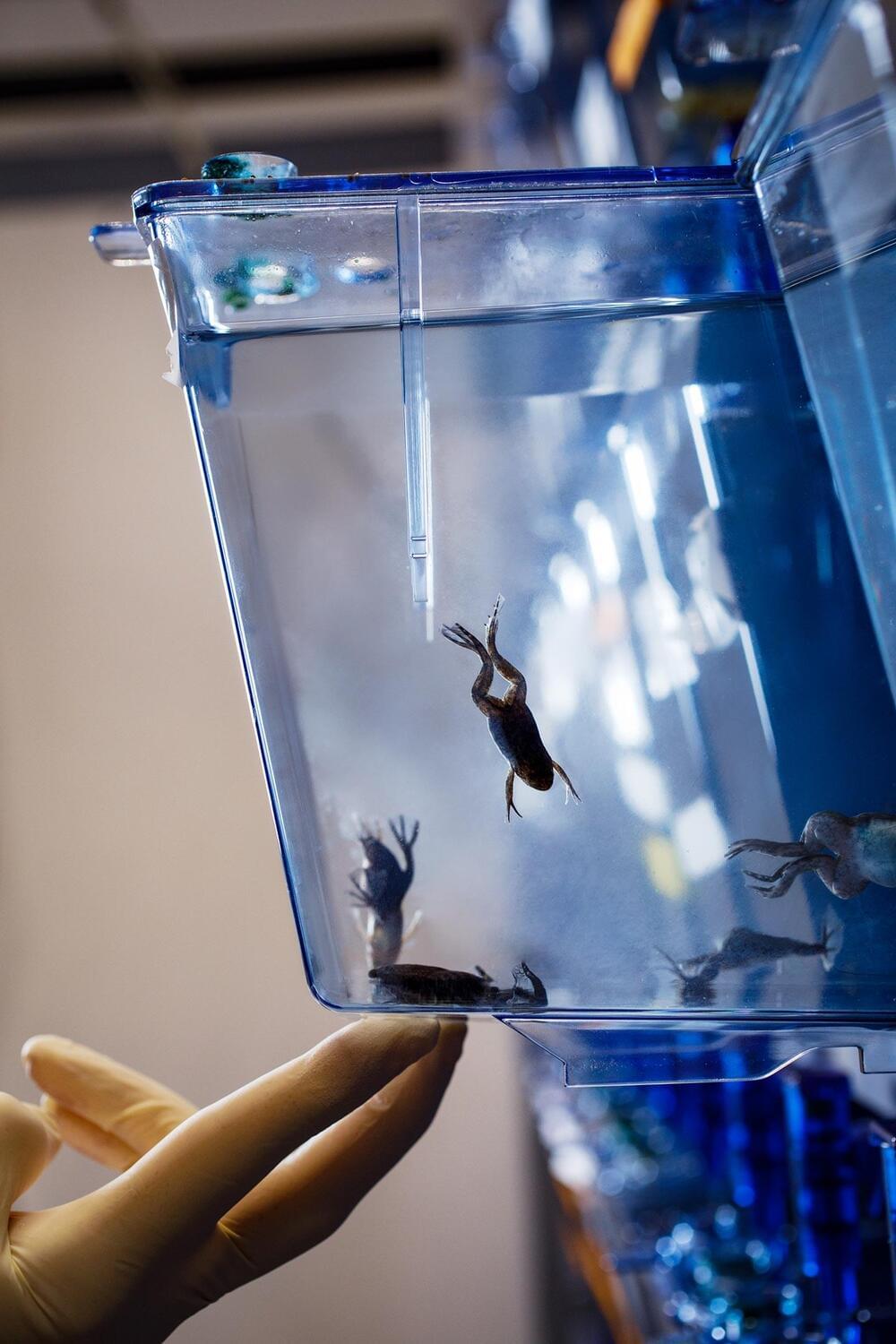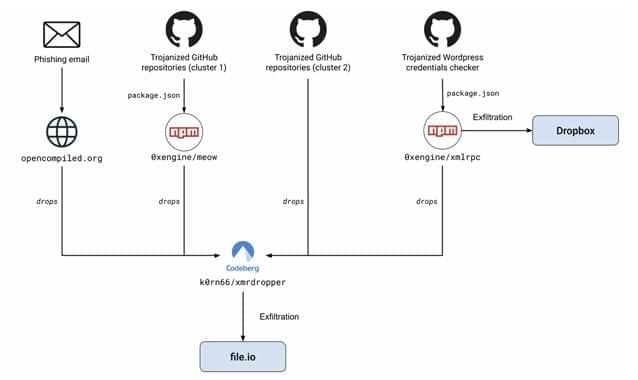Inside every jar of honey lies a taste of the local environment. Its sticky-sweet flavor is shaped by the flowers that nearby bees choose to sample. However, a new study from Tulane University has revealed that honey can also provide insights into local pollution.
The study, published in Environmental Pollution, analyzed 260 honey samples from 48 states for traces of six toxic metals: arsenic, lead, cadmium, nickel, chromium, and cobalt. None of the samples contained unsafe levels of these metals based on a typical serving size of one tablespoon per day, and the concentrations in the United States were generally lower than global averages. Still, researchers identified regional variations in toxic metal distribution: the highest arsenic levels were detected in honey from a cluster of Pacific Northwest states (Oregon, Idaho, Washington, and Nevada); the Southeast, including Louisiana and Mississippi, showed the highest cobalt levels; and two of the three highest lead levels were found in samples from the Carolinas.
Overall, the study highlights a potential dual role for honey as both a food source and a tool for monitoring environmental pollution.








